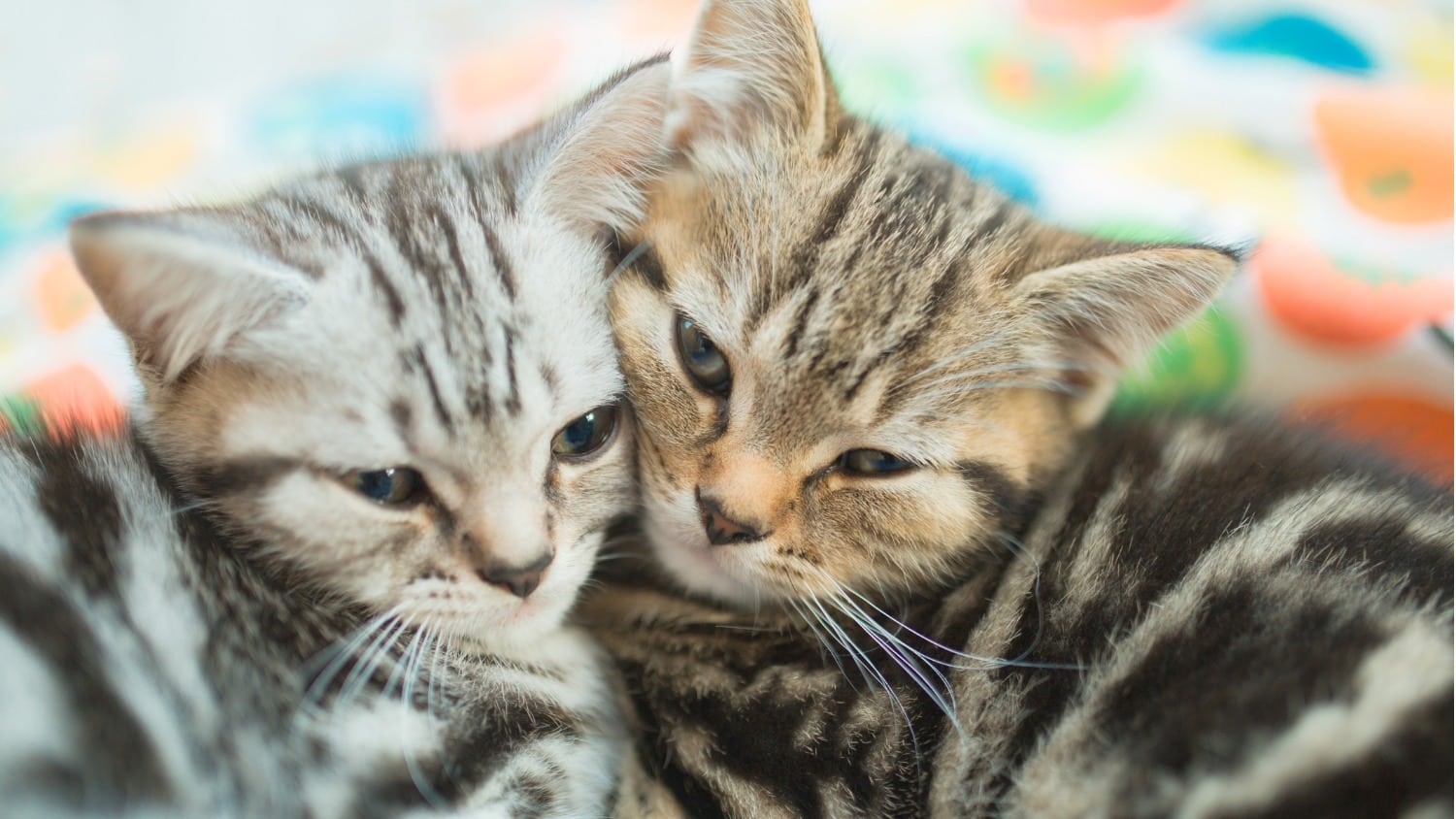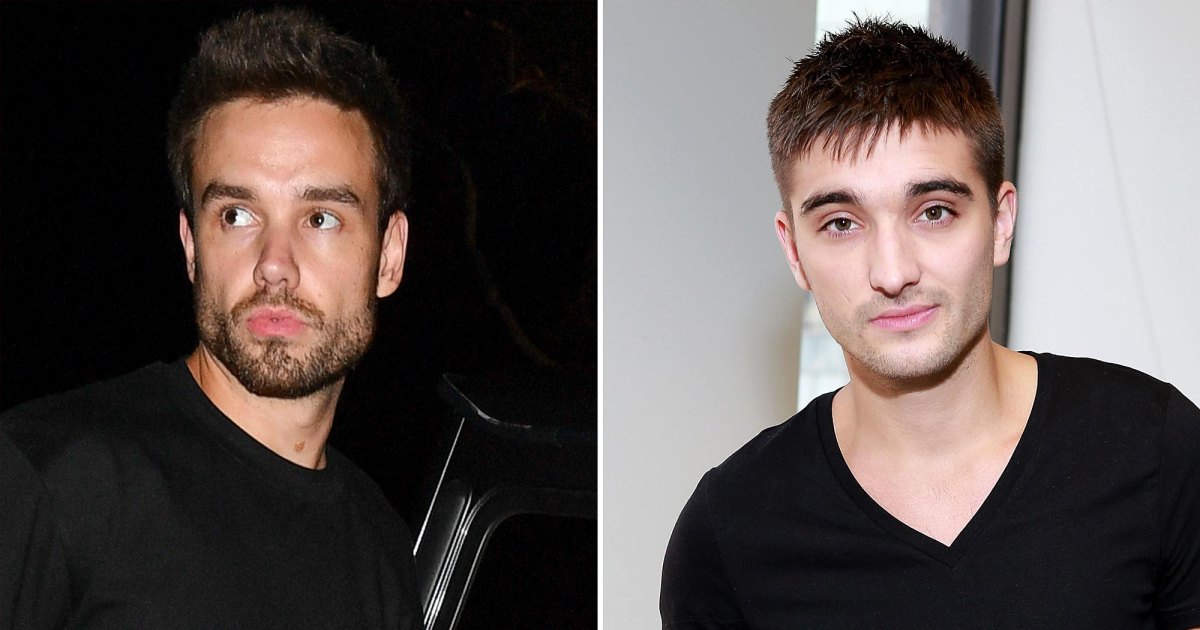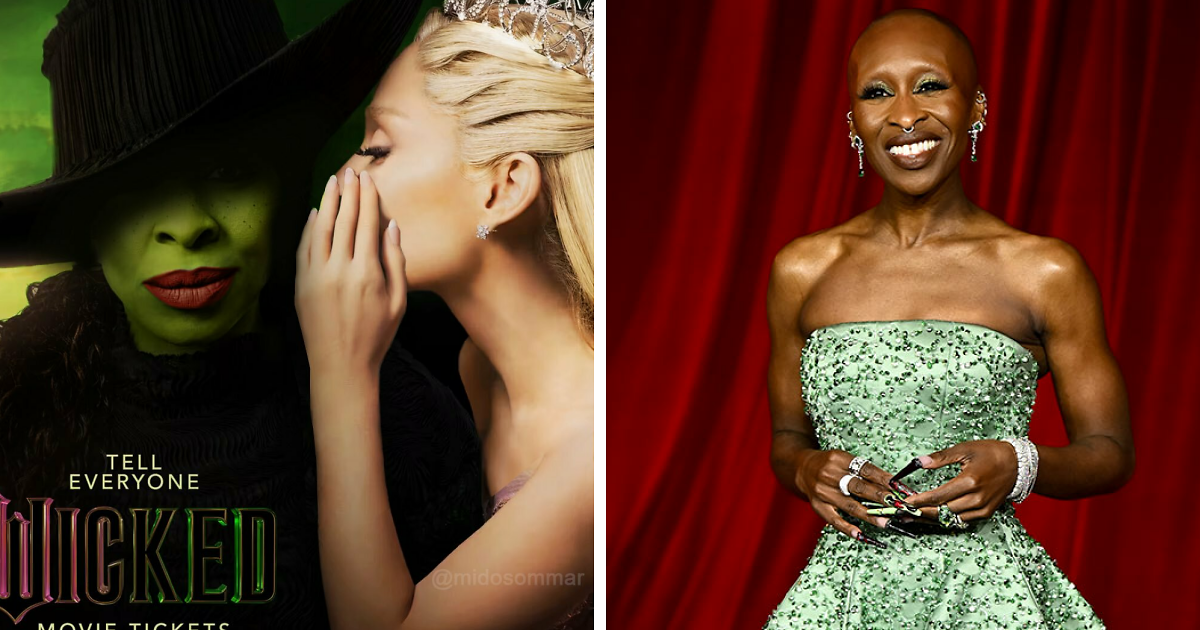[ad_1]
Unconditional love – called Agape (more or less meaning “love for everyone and everything”) by the Ancient Greeks – is love without limits, without expectations, without conditions. It’s the kind of love that’s not about romantic gestures or family loyalty. It’s about accepting people, imperfect as they are. And sometimes it’s even about making the tough choices to protect ourselves, too.
This concept has fascinated poets, philosophers, and spiritual thinkers for centuries. The Greeks saw it as a divine force that could heal wounds and bring people together. In India, the gentle Jain community takes this idea so seriously that they walk carefully to avoid stepping on even the smallest insect. It’s a love that transcends everything – religion, race, even time.
But how does this grand idea of unconditional love play out in real life?
Unconditional Love Helps Us Grow and Change
The renowned psychologist Carl Rogers once said, “The curious paradox is that when I accept myself just as I am, then I can change.” It sounds almost backwards, but think about it: when we stop judging ourselves, we create space for real transformation. And the same goes for others. By offering them unconditional love, we give them the freedom to grow.
Maybe you’ve seen this in your own life. Perhaps your adult children or grandchildren have made choices you didn’t fully understand. But by choosing love over judgment, you allowed them to find their own way. Maybe you even surprised yourself by seeing how much they’ve grown.
Unconditional love, then, isn’t about being a pushover. It’s about creating a safe, non-judgmental space where authentic selves – our own as well as others’ – can flourish.
Practising Unconditional Love is a Powerful Choice
In her book All About Love, Bell Hooks gets straight to the heart of it: “Love is an act of will – both an intention and an action.” Love isn’t just a warm, fuzzy feeling; it’s something we choose to do. We don’t have to love unconditionally. But imagine what life could be like if we did – if we made a conscious decision to show empathy and compassion, even when it’s hard.
Now, this doesn’t mean letting people walk all over us. Let’s say a loved one makes choices that hurt us. We can love them but set clear boundaries. We don’t have to accept their behaviour to practise unconditional love. We can still care deeply about their well-being without tolerating actions that hurt us. And in doing so, we’re not only showing love to them; we’re showing love to ourselves, too.
The True Nature of Unconditional Love
Unconditional love is real, gritty, sometimes messy. Unconditional love means accepting others for who they are, without the need for them to change, and without expecting anything in return. It’s about empathy, compassion, and understanding.
In his classic work The Art of Loving, psychologist Erich Fromm describes this kind of love as rare, because it takes work. Unconditional love requires a deep understanding of ourselves, so that we can give freely and generously to others. And that’s the tricky part, isn’t it? Sometimes, it’s easier to give love to others than it is to give it to ourselves. But both are crucial.
What Unconditional Love Is Not
Loving unconditionally doesn’t mean being a doormat. As Stephen G. Post reminds us, “When the happiness and security of another person are as real and meaningful to us as our own, we love that person unconditionally. But that doesn’t mean tolerating hurtful behaviour.”
We can love someone and still tell them, “No, that’s not okay.” If someone’s actions are damaging – whether it’s a partner, a child, or a friend – we have every right to protect our peace. Maybe this means distancing ourselves from a loved one who’s made choices you can’t support, like substance abuse or toxic behaviour. It’s painful, yes, but it’s also the ultimate act of love to say, “I love you, but I can’t be around this behaviour.”
Unconditional love doesn’t require us to suffer in silence. It allows us to love people for who they are, while also standing up for ourselves when their actions cross a line.
Why Unconditional Love Is Good for You
Unconditional love isn’t just good for others – it’s great for us, too. Studies show that people who give and receive this kind of love are healthier and happier. It reduces stress, boosts our immune system, and even helps us live longer. And honestly, who doesn’t want more joy and less stress, especially after years of giving your all to others?
Psychologist Sue Johnson, in her book Hold Me Tight, explains that secure attachment – formed through unconditional love – acts as a buffer against life’s challenges. This is especially important in later years, as we face new stages of life, health concerns, and family dynamics. Unconditional love offers the security and connection that we all crave.
Brené Brown, another voice on love and vulnerability, talks about how embracing imperfections is key to building strong connections. When we love ourselves and others unconditionally, we foster a sense of belonging and connection that’s more powerful than any fleeting romance or temporary friendship.
The Spiritual Side of Unconditional Love
Unconditional love often feels like a spiritual practice. Many spiritual leaders, from the Dalai Lama to Deepak Chopra, describe it as the highest form of divine expression. When we love without conditions, we tap into something bigger than ourselves – a sense of interconnectedness with everyone and everything around us.
Chopra puts it beautifully: “In the midst of movement and chaos, keep stillness inside of you. Unconditional love is the fruit of this inner stillness.” When life feels chaotic, finding that inner calm can help us return to love – love for ourselves, for our families, and for the world at large.
Final Thoughts
In a world that sometimes feels more divided than united, unconditional love is a beacon of hope. It’s not easy. It requires patience, vulnerability, and a whole lot of heart. But it’s worth it.
As Martin Luther King Jr. once said, “I have decided to stick with love. Hate is too great a burden to bear.” By choosing love – in all its forms – we heal, we connect, and we grow together.
Also read, 10 Easy Ways to Love More of Yourself.
Your Turn: How Do You Show Love?
Think about it: Are you someone who makes others feel safe and accepted? Do you let people be themselves, no matter their background, their mistakes, or their choices? And most importantly, do you offer yourself that same kindness? The world could use more unconditional love – so why not start with you?
[ad_2]
Source link























